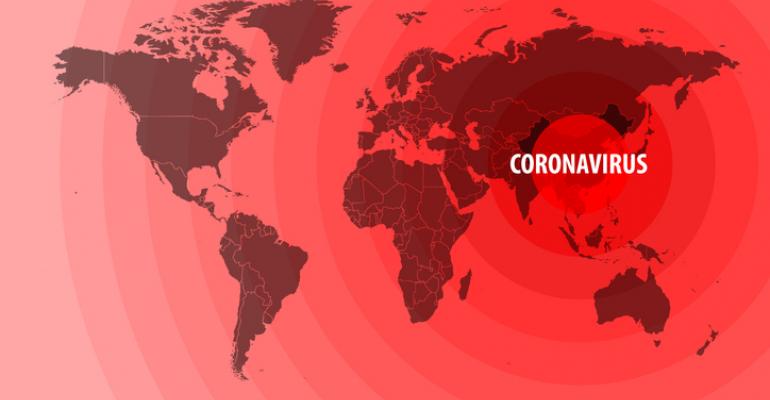The meetings industry is on edge, watching daily coronavirus developments with a wary eye. The virus, which at press time had infected more than 6,100 people and killed at least 132, is spreading faster than the severe acute respiratory syndrome (SARS) outbreak in 2003 that battered business travel.
One group that’s meeting in the Asia-Pacific region in February might be more informed than most on how to deal with coronavirus. The International Society for Infectious Diseases will hold its 2020 annual event February 20-23 in Kuala Lumpur, Malaysia, with expected attendance of about 2,300. In the past, the group has gotten fewer than 100 attendees from mainland China.
RELATED: Coronavirus Cancellations and Postponements Mount
“We are currently working with the convention center, the nearby hotels (and especially our headquarters hotel), the CVB, and the Malaysia Ministry of Health to do everything possible to ensure the health and safety of all our participants,” wrote Joshua Caulfield, executive director of ISID, in an email to MeetingsNet on January 28; at that time, the event had only one attendee cancel based on the coronavirus situation. “Our objectives at this time are to gather information about local resources and healthcare venues easily accessible from the event. We are also working with them to gather information for preventative measures and on-site actions to include in our attendee messaging and our event app; we will include a new section in our app related to these topics.”
 The RSA Conference 2020 USA, taking place February 24 to 28 in San Francisco with an estimated 45,000 IT-security attendees, already has a new section on its home page dedicated to keeping participants abreast of coronavirus-related news and advice. The website section features guidelines and advice from the World Health Organization and the Centers for Disease Control for infection-free travel, hotel stays, and conference interaction. The event’s planners also posted that they’ll have hand-sanitizer stations installed throughout the George R. Moscone Convention Center, not just in bathrooms.
The RSA Conference 2020 USA, taking place February 24 to 28 in San Francisco with an estimated 45,000 IT-security attendees, already has a new section on its home page dedicated to keeping participants abreast of coronavirus-related news and advice. The website section features guidelines and advice from the World Health Organization and the Centers for Disease Control for infection-free travel, hotel stays, and conference interaction. The event’s planners also posted that they’ll have hand-sanitizer stations installed throughout the George R. Moscone Convention Center, not just in bathrooms.
Like those conference organizers, “providing clients with really good, solid sources of information” about the outbreak is the priority for Kurt Paben, CIS, president, global sales at Hosts Global, an alliance of international destination management companies. “We’re watching this carefully to understand what this is, and what this is not,” he said, noting that the company is following the news, monitoring the World Health Organization recommendations, and gathering the facts.
The company has not seen any cancellations as a result of the outbreak. However, clients’ corporate security policies, Paben said, could trigger travel reviews going forward. On January 28, the U.S. State Department raised its China travel advisory to level three, which means “reconsider travel;” however, China’s Hubai Province—the epicenter of the outbreak—is at a level 4 advisory, or “do not travel.” Further, some large corporations are telling employees who have returned from China to work from home for at least two weeks.
The Latest News for Planners
Here are some of the most recent actions taken for the outbreak that could affect travelers to meetings and conventions:
• Mainland China has stopped outbound air travel for its citizens who are part of tour groups for an as-yet-determined period, however, individual travelers can still fly out of the country.
• Hong Kong, a major meeting and convention destination, has stopped all Chinese visitors from Hubai Province from entering via air, land, and sea.
• British Airways has canceled all flights to and from mainland China, and the Trump Administration is considering such a ban for U.S. carriers.
• As of January 29, Air Canada, American, Cathay Pacific, Delta, and United have allowed free cancellation for passengers on flights going through Beijing and Shanghai until February 7, and suspended all flights to and from Hubai Province for at least one month.
• Royal Caribbean, MSC Cruises, and Costa Cruises are all canceling upcoming departures from China due to the coronavirus outbreak.
Lastly, here are infection-related travel tips that all meeting organizers can pass along to their attendees.





